Discover Let’s Hear It
Let’s Hear It

Let’s Hear It
Author: letshearitcast
Subscribed: 18Played: 172Subscribe
Share
© Copyright 2020 All rights reserved.
Description
Welcome to Let’s Hear It, a podcast about foundation and nonprofit communications (among other things), hosted by non-relatives Eric Brown and Kirk Brown.
Let’s Hear It is sponsored through the generous support of the College Futures Foundation, the Lumina Foundation, the Prebys Foundation, and the Stupski Foundation.
On Let’s Hear It, Kirk and Eric speak with leaders in the field about who they are, what makes them tick, and how they think about their work. These conversations are freewheeling and (we hope) fun. We’re serious – it’s not all serious.
Together, Eric and Kirk have worked in and around hundreds of foundations, nonprofits and campaigns. For over a decade, Eric was Communications Director at the William and Flora Hewlett Foundation, and now runs Brownbridge Strategies, a consulting firm that works with foundations and nonprofits on grantmaking, communications, and fundraising strategies.
Kirk is the former President of Resource Media, a nonprofit organization that provides communications support to environmental groups, and now runs Reach Strategies, a consulting firm that works with nonprofits, foundations and campaigns to sharpen their communications, strategic planning and evaluation strategies.
We hope that Let’s Hear It will provide insight into the people who run and work in foundations and nonprofits so that we can all find ways to do our jobs better and – oy, cliché alert – make the world a better place.
Let’s Hear It is sponsored through the generous support of the College Futures Foundation, the Lumina Foundation, the Prebys Foundation, and the Stupski Foundation.
On Let’s Hear It, Kirk and Eric speak with leaders in the field about who they are, what makes them tick, and how they think about their work. These conversations are freewheeling and (we hope) fun. We’re serious – it’s not all serious.
Together, Eric and Kirk have worked in and around hundreds of foundations, nonprofits and campaigns. For over a decade, Eric was Communications Director at the William and Flora Hewlett Foundation, and now runs Brownbridge Strategies, a consulting firm that works with foundations and nonprofits on grantmaking, communications, and fundraising strategies.
Kirk is the former President of Resource Media, a nonprofit organization that provides communications support to environmental groups, and now runs Reach Strategies, a consulting firm that works with nonprofits, foundations and campaigns to sharpen their communications, strategic planning and evaluation strategies.
We hope that Let’s Hear It will provide insight into the people who run and work in foundations and nonprofits so that we can all find ways to do our jobs better and – oy, cliché alert – make the world a better place.
106 Episodes
Reverse
We know that these post-election blues are a thing, but here’s the deal – the need for climate justice isn’t changing. This week on Let’s Hear It, we’re diving deep into the work that’s pushing environmental justice to the forefront of philanthropy, policy, and big-dollar investments.
Eric sits down with Danielle Deane-Ryan, Senior Advisor to the EPA’s Greenhouse Gas Reduction Fund and a long-time climate justice funder. Danielle shares her journey from her roots in Trinidad and Tobago to the halls of power in Washington, breaking down how billions in clean energy investments can—and must—center the communities hit hardest by environmental injustice.
The conversation explores how policies like Justice40 and collaborations between grassroots leaders and major funders are changing the game. Danielle also doesn’t hold back when it comes to the communication gaps that still need fixing—and she’s got plenty of ideas for how to make progress stick.
Meanwhile, Kirk rallies the optimism brigade, Eric holds his ground, and they both agree – without good communications, even the best policies will fall short.
If you want to hear how leaders are tackling the climate crisis with equity, resilience, and serious grit, this episode is for you.
Don’t forget to rate and review us on Apple Podcasts—it helps others find the show!
Okay, folks, we know there’s an election happening and that you might be a bit, um, distracted. But one thing is sure, whatever happens this week, a clean energy economy is coming, and we need to do everything we can to make this transition work for everybody. So when you’re finished blowing into your paper bag, you might want to take a moment to think about the future.
In this episode of Let’s Hear It, hosts Eric sits down with Rachel Korberg , the Executive Director and co-founder of the Families and Workers Fund and David Etzwiler, the CEO of the Siemens Foundation to explore how philanthropy and business can team up to create an economy that works for everyone. Rachel and David share their insights into making the clean energy transition fair and accessible, with a focus on good jobs, workforce training, and equity.
The discussion centers on how their organizations are working together to push for an economy that includes all workers—especially women, people of color, and rural communities—in emerging fields like green energy.
Then, Kirk blows a gasket with excitement, Eric tries to talk him off the ledge, and they try to make sense of it all.
If you’re interested in how real change is happening at the intersection of philanthropy and business, this episode is a must-listen. And if you enjoy it, don’t forget to rate and review on Apple Podcasts to help others find the show!
Fans of Let’s Hear It (and there are oh-so many!) will acknowledge that Eric and Kirk get a little nutty about their guests sometimes. Well, this time, Marc Solomon of Civitas Public Affairs and William Foster of the Bridgespan Group drive Kirk and Eric to 11.
The topic this time is Marc’s and William’s new paper “Betting on the Tortoise: Policy Incrementalism and How Philanthropy’s Support Can Turn Small Sustained Steps into Big Impact,” co-written with Eric Chen and Zach Slobig.
The problem is that philanthropy is astonishingly timid about funding policy work (sorry, philanthropy). The thing is, Marc and William remind us about how smart philanthropy can make a huge difference in the kinds of policy wins that every wants – freedom to marry, increasing the minimum wage, and many more.
And then Kirk and Eric have what we humbly think is one of the funnier and more entertaining rants this season, so stick around for that.
Thanks for listening, and please, please, subscribe, rate, and review the show so more people can find us!
In this dandy episode of Let's Hear It, Eric Brown sits down with Grace Nicolette from the Center for Effective Philanthropy to make sense of the phenomenon that is MacKenzie Scott's revolutionary approach to giving.
Grace is the Vice President for Programming and External Relations at the Center for Effective Philanthropy and the co-host with Phil Buchanan of the really terrific (and we're not just saying that!), Giving Done Right Podcast, which kicked off its fourth season on September 19.
Grace shares fascinating insights from CEP's multi-year study of Scott's "surprise philanthropy" - those headline-grabbing, unsolicited gifts that have sent shockwaves through the nonprofit world. We're talking transformative levels of funding that have left many organizations asking, "Is this for real?"
But it's not just about the numbers. Grace dives into the meaty questions this approach raises: How are nonprofits handling this sudden influx of cash? Is this the end of strategic philanthropy as we know it? And what can other funders learn from Scott's bold experiment?
As a recipient of Scott's generosity themselves, CEP offers a unique insider-outsider perspective. Grace candidly discusses how their own $10 million gift has shaped their work and thinking.
Whether you're a nonprofit leader, a funder, or simply curious about how big money can create big change, this episode delivers. It's a thoughtful exploration of a philanthropic shake-up that's rewriting the rules of giving, delivered with CEP's signature blend of data-driven insights and real-world experience.
Tune in for a conversation that's sure to challenge your assumptions and maybe, just maybe, make you rethink everything you thought you knew about effective philanthropy.
Hey folks, we’re back after a quick summer break. Hope you missed us!
As many parents pack their kids off to college this month, it’s important to remember that almost two out of five college students in the U.S. attends a community college. These are students who are often working full time, caring for family members, or going back to school to learn new skills. Oh, and another thing, community colleges don’t brag about how “selective” they are – all are welcome.
Our guest on this episode of Let’s Hear It is Eloy Ortiz Oakley, the President and CEO of the College Futures Foundation – a California foundation helping students who are facing the greatest barriers to succeed in college and beyond. Eloy was previously the Chancellor of the California Community College system - the largest system of higher education in the United States, and third largest system of higher education in the world, serving more than 1.8 million students. He is also a former Regent of the University of California system. If anyone knows about what’s working and what’s not in higher education, it’s Eloy.
Eric and Eloy have a fascinating and wide-ranging conversation about Eloy’s own educational journey, the challenges of elitism in higher education, and role philanthropy can play in ensuring a more equitable system.
Sometimes it's okay to take a moment away from the massive challenges and simply laugh. Thanks to Esteban Gast and the organization he works for, Generation 180, we can even laugh about climate. Well, actually, Esteban helps us better understand how we can take actions that matter, understand that we're not alone, and have a little fun along the way.
Eric and Esteban giggle, chortle, and guffaw through this episode, reminding us all that there are SO many ways to communicate and not all of them involve PowerPoint and statistics.
We are so excited about ComNet24 in Kansas City!
When Sean Gibbons joined the Communications Network as its new leader a decade ago, he was tasked with leading an organization with 400 members and a staff of, um, himself and a ham sandwich. Today, the Network boasts over 4,000 members and a team of eight, reflecting Sean's infectious enthusiasm and vision for bringing communications professionals together.
And together we’ll be – in Kansas City from October 16-18.
Sean joins Chief of Staff Tristan Mohabir and VP of Community Carrie Clyne to talk with Eric about why ComNet 24 in Kansas City this October is a can't-miss event. They remind us how crucial in-person connections are in our increasingly digital world, and while they're at it, they showcase the innovative ways the Network is fostering community year-round through local groups, online Circles, and a bustling Slack workspace.
And stick around for a special opportunity to win dinner with Eric at a storied Kansas City steakhouse! Not kidding!
As we approach World Refugee Day, it’s so good to know that there are people like Suzanne Ehlers who are making an extraordinary difference and people’s lives and providing real hope for the future.
Suzanne is the Executive Director and CEO of USA for UNHCR, a nonprofit organization that supports the United Nations Refugee Agency. It helps raise awareness and makes funds available to aid refugees around the world, providing them with the resources and support they need to rebuild their lives after being forced to flee their homes due to conflict, persecution, or disaster.
Previously, Suzanne was CEO of Malala Fund, and before that she was President and CEO of Population Action International. She speaks with Eric about how she parlayed her temp job at the Wallace Global Fund to a career that led to her being named CEO of an organization that aims to raise a billion dollars over the next ten years.
Suzanne speaks with Eric about how she uses storytelling to inspire empathy for the millions of refugees in some 40 crisis hotspots around the globe who desperately need our help.
Oh, and she also happens to be fun, funny, and fabulous.
We hope you enjoy this really delightful conversation as much as we did.
A huge thank you to Fatima Angeles, the Executive Director of the Levi Strauss Foundation, for joining us on the latest episode of Let’s Hear It. Fatima talks with Eric about the Levi Strauss Foundation's groundbreaking work in areas like reproductive justice, worker rights, immigrant rights, and democracy.
Fatima discusses her 24-year tenure at Cal Wellness, where she gained invaluable experience in strategic grantmaking, evaluation, and program direction under foundation legends Judy Belk and Gary Yates. She reflects on how these roles prepared her for leading a very different kind of corporate foundation.
She chats with Eric about about the essential role of communications in philanthropy, the need for reducing administrative burdens (although she calls them "shenanigans"), and the importance of making sure that we fund organizations “like we want them to win.”
Tune in to hear Fatima's inspiring story and learn how the Levi Strauss Foundation is setting a new standard for corporate philanthropy.
Eleven years ago, David Callahan launched a most audacious project – a new publication that was going to get under the hood of philanthropy (to borrow from that great philosopher, Ross Perot) and expose the good, the bad, and the meh.
Some folks chortled, some scoffed, and some cast their eyes heavenward in the hope that he would shed a little light on the seemingly byzantine and obscure world of philanthropy.
Well, friends, Inside Philanthropy is bigger, better, and badder than ever and David speaks with us in a funny, fascinating, and terrifically candid conversation about the promise and perils of a sector that by some accounts represents a half a trillion dollars in annual giving. Think about that for a minute, then tune in to our latest episode of Let’s Hear It.
Join us for a truly extraordinary conversation with the amazing Heather McGhee, the author of The Sum of Us: What Racism Costs Everyone and How We Can Prosper Together.
Heather exposes the lie of so-called zero-sum thinking—where one person's gain is seen as another's loss—and flips it on its head by explaining how diverse coalitions can produce a solidarity dividend that makes things better for everyone.
Heather is warm, funny, and just plain brilliant and we are so grateful to her for speaking with us on an episode that we promise you will love.
We’ve been doing this show for a while, and every so often the pieces just elegantly slide into place. In thirtyish minutes, Robert Pérez does this for us. Robert is the founder and Chief Exploration Officer of Wonder: Strategies for Good, a network of experts in messaging, storytelling, psychology and public-opinion research that works with foundations, nonprofits, activists, and advocates to advance progressive causes across the country and around the world.
Wonder has an incredibly exciting framework for message and strategy, called Heartwired, which helps communicators understand how to connect people’s emotions, values, beliefs, identity, and experiences to help bring about change from the inside out. It helps us understand how the “downstairs brain,” which is emotional and reactive, relates to the “upstairs brain”, which is thoughtful and empathetic. Instead of telling people what to think, he helps organizations connect with their audiences on a deeper level to make progress on challenging social issues.
It is a truly amazing conversation that helps us better understand the deep connections between strategy, narrative, messaging, and movement building. Enjoy!
Societies can’t thrive without sufficient levels of trust – trust in our elected officials, in our major institutions, the value of the dollar bill in our wallet, and even in our belief that our fellow motorists will abide by the traffic laws when we enter an intersection.
You know where this is going, don’t you? We have a trust problem that threatens every organization in our country. Kristen Grimm and her colleagues Claire De Leon, Michael Crawford, and Diana Chun at Spitfire Strategies have created a resource called Replenishing Trust: Civil Society’s Guide to Reversing the Trust Deficit™ that is designed to help organizations build trust at a time when it has never been more necessary.
Kristen speaks with Eric about why this matters, and more importantly, how to do it. This is another great resource from one of our field’s true visionaries.
When Chris DeCardy took the reins of the Heinz Endowments last year, he was one of the very few former foundation communications directors to ascend to the lofty heights of president. And Chris has dived in with the energy of a teenager. Indeed, if there is a more energetic – nay, ebullient – foundation president in the land, we haven’t met them.
Chris makes an extremely compelling case about how crucial western Pennsylvania is to our national and even international politics, and while he’s at it he reminds us how important intelligent communications strategies will be to build on important victories (like significant advances on climate, for one example).
Don’t miss this conversation between Eric and Chris, whose friendship dates back to the twentieth century, as they talk about how Chris’s background in journalism, environmental communications, and foundation leadership have led him to this place – the center of the universe!
Governments have money and foundations can take risks. Shouldn’t these be marriages made in heaven? Amazingly they’re not, but in California, we’re starting to see partnerships that are bucking the trend, which can be spectacularly good examples of how to make great collaborations work.
On this episode of Let’s Hear It, Eric speaks with Elena Chavez Quezada, Senior Advisor for Social Innovation in the Office of California Governor Gavin Newsom, and Don Howard, president and CEO of The James Irvine Foundation, who are working together to create government/foundation partnerships that are making a real difference.
Don and Elena recently co-authored a piece for the Philanthropy News Digest called “How Philanthropy Can Partner with the Public Sector to Build Equitable Infrastructure,” which sets the stage for this really lively and fun discussion.
Check out this conversation that shows how governments and foundations can work together to unlock money, ideas, and energy for social good.
Academy Award season is here, but while the rest of the world may be debating which half of the Barbenheimer phenomenon will take home the most trophies, at Let’s Hear It we’re putting all our chips on Best Documentary Short nominee “The Barber of Little Rock,” co-directed by Christine Turner and our dear friend John Hoffman.
Eric and John reunite to talk about the extraordinary film John has co-directed. They appeal to foundations to fund more documentary films, and they marvel at the movie’s amazing protagonist Arlo Washington as he opens a Community Development Financial Institution to create opportunities for members of his community.
Take a few minutes to watch this incredible story, produced in partnership with the New Yorker. You can find the 34-minute documentary on the New Yorker website and on YouTube. And if any of you happen to be members the Academy, well…you know what to do.
Please enjoy the film and the interview and let us know what you thought of The Barber of Little Rock!
In this episode of Let’s Hear It, our guest is none other than one of Hollywood’s most passionate and entertaining environmentalists – the amazing Ed Begley, Jr.
As it happens, Ed and Eric go way, way, back, having worked together in Hollywood in the last millennium.
Today, they’re both working in environmental communications, after a fashion, and Ed talks about how he was inspired to become an environmental activist on the first Earth Day in 1970, and how he has used his position as a celebrity to preach a message of sustainability ever since.
We also want to give a plug to his terrific new book, “To the Temple of Tranquility, And Step on It!” from Hachette Books. It’s a great story about a great life.
Ed is a funny, committed, optimistic, and incredibly gracious guest, and we can’t wait for you to listen to this episode.
We are so delighted to present the legendary Anat Shenker-Osorio. Yes, that’s right, that Anat Shenker-Osorio. Maybe you’ve heard her on Ezra Klein, MSNBC, on her excellent podcast Words to Win By, or read her work in the New York Times, the Guardian, and more. On our latest episode of Let’s Hear It, Anat goes deep on how to create messages that will help progressive causes succeed.
Anat is a political strategist and progressive messaging genius. She is founder and Principal of ASO Communications, author of Don’t Buy It: The Trouble with Talking Nonsense about the Economy, and host of the amazingly good podcast Words to Win By.
Her work on messaging and strategy across the globe is at once revolutionary and devastatingly simple, and she is using her gift for gab and sharp-as-a-tack snark to change how politicians, nonprofit leaders, foundation CEOs – and really, anyone with a cause – can use communications to achieve their goals. No easy feat, huh? Well, Anat does it so well that you’ll feel slightly dizzy after listening to her speak. Eric certainly was.
We know we say this every time, but this is a show that you simply must not miss. Please enjoy and then tell your friends, your colleagues, and your boss (as long as they’re cool with a little salty language).
How many of us in the nonprofit world can track our interest in climate to nightmares we had about natural disasters at age ten? Anyone? Oh, right, just Don Chen, President of the Surdna Foundation, former director of the Cities and States program at the Ford Foundation, former CEO (and founder!) of Smart Growth America, and this week’s guest on Let’s Hear It.
Don is a fabulous guest to start our new year and sixth season – he is uncommonly thoughtful, optimistic, and soulful, and his ideas on how to run a foundation will have you filling notebooks. Eric and Don put their heads together to discuss how to combine trust-based and strategic philanthropy without having to find a magic wand, what Don learned from being a CEO at age 30, and lots more.
By the way, we are so happy to welcome Don – and you! – to our sixth season of Let’s Hear It. Thank you all, from the bottom of our hearts, for five wonderful years of listening, learning, and building connections in this vast and exciting field. We hope you enjoy this new season, and if you do, please continue to like, follow, and spread the word.
Here is another one of our favorite interviews - Shanelle Matthews, founder of the Radical Communicators Network, former communications director for the Movement for Black Lives, and now Distinguished Lecturer at the Colin Powell School for Civic and Global Leadership at City College at the City University of New York.
Shanelle is simply amazing and we loved this conversation.
Top Podcasts
The Best New Comedy Podcast Right Now – June 2024The Best News Podcast Right Now – June 2024The Best New Business Podcast Right Now – June 2024The Best New Sports Podcast Right Now – June 2024The Best New True Crime Podcast Right Now – June 2024The Best New Joe Rogan Experience Podcast Right Now – June 20The Best New Dan Bongino Show Podcast Right Now – June 20The Best New Mark Levin Podcast – June 2024
 United States
United States

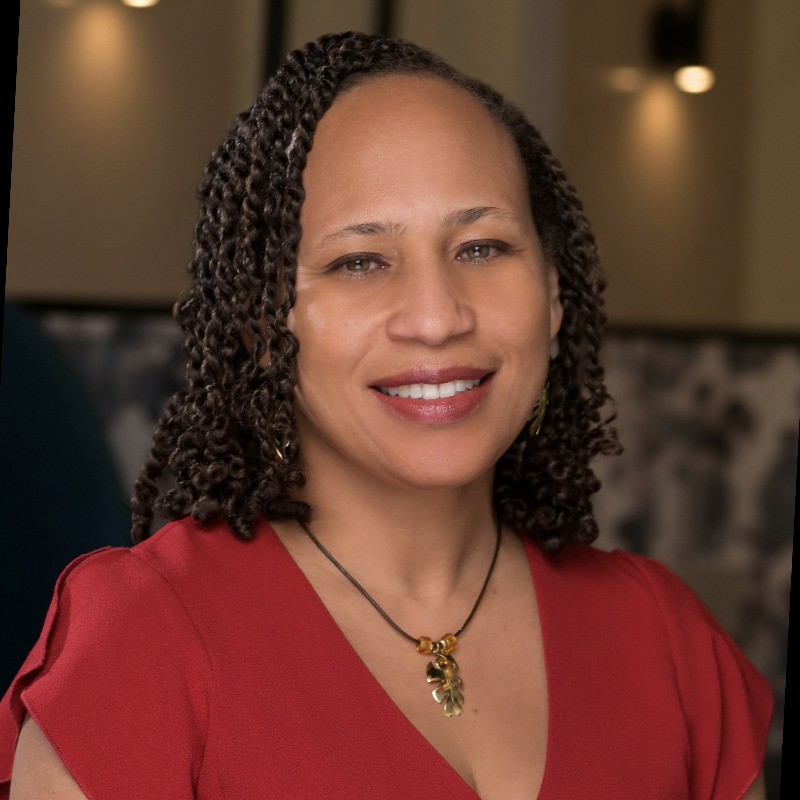
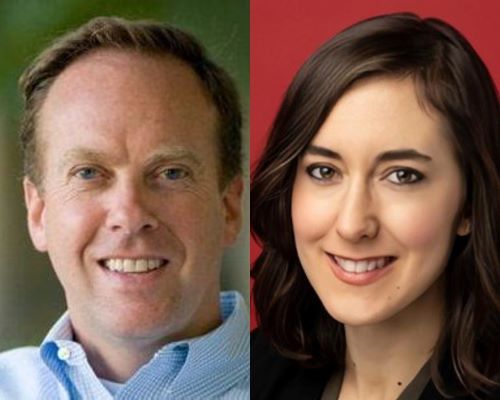
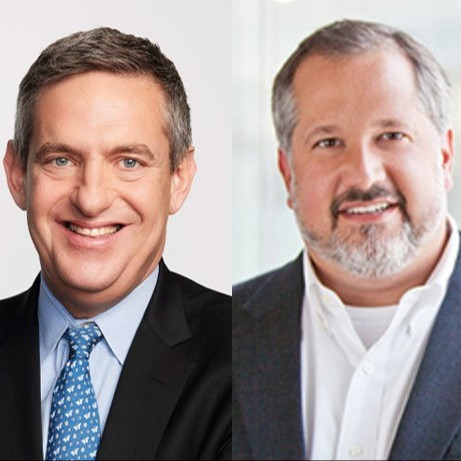
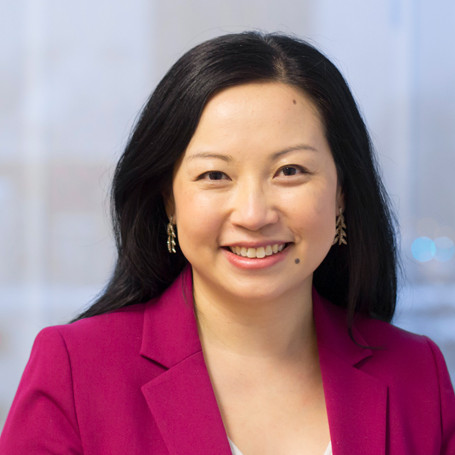
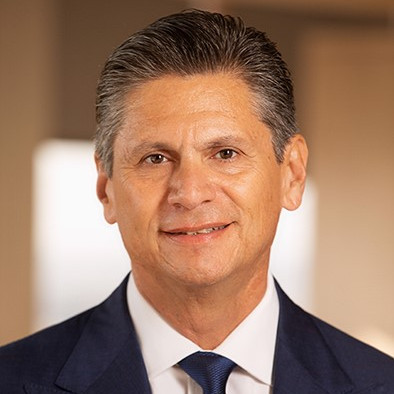


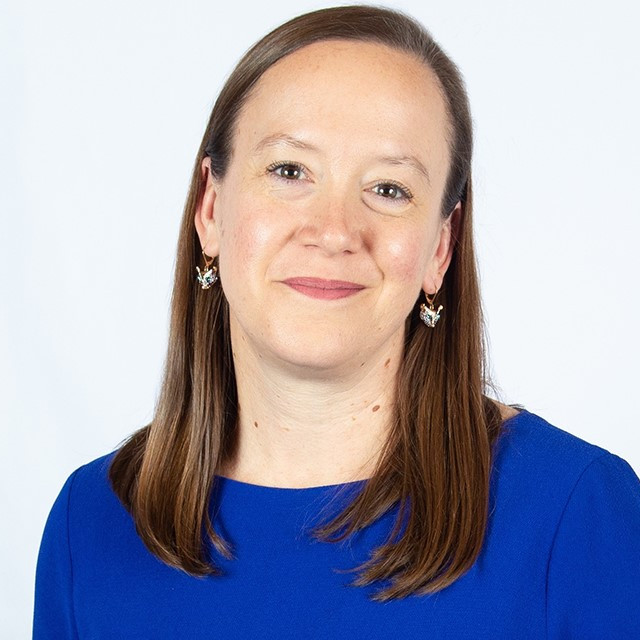
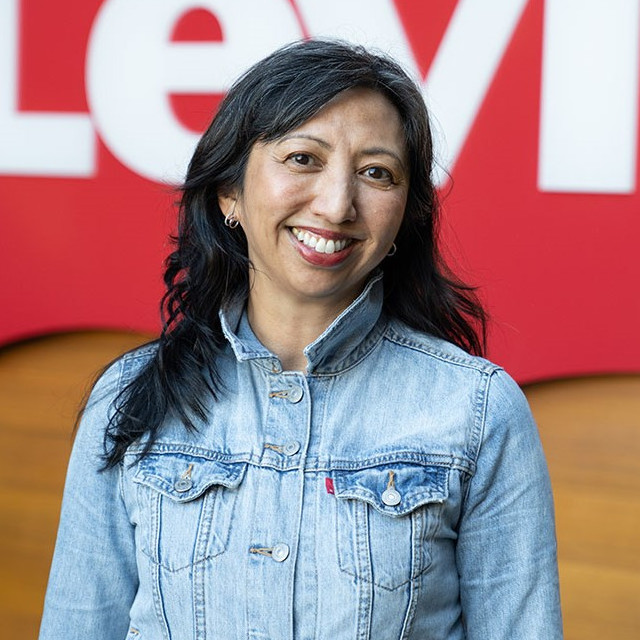
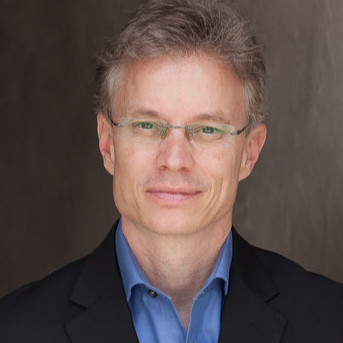
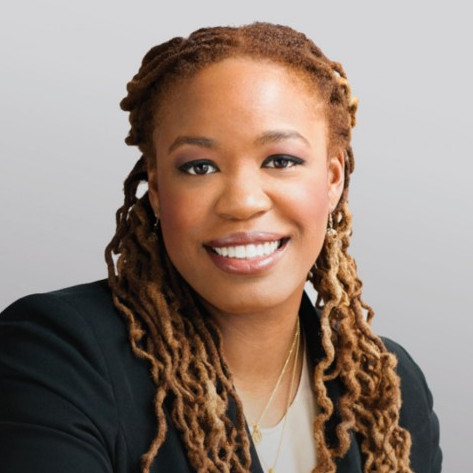

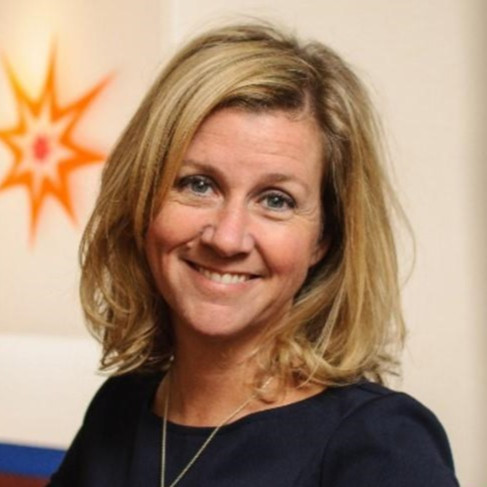
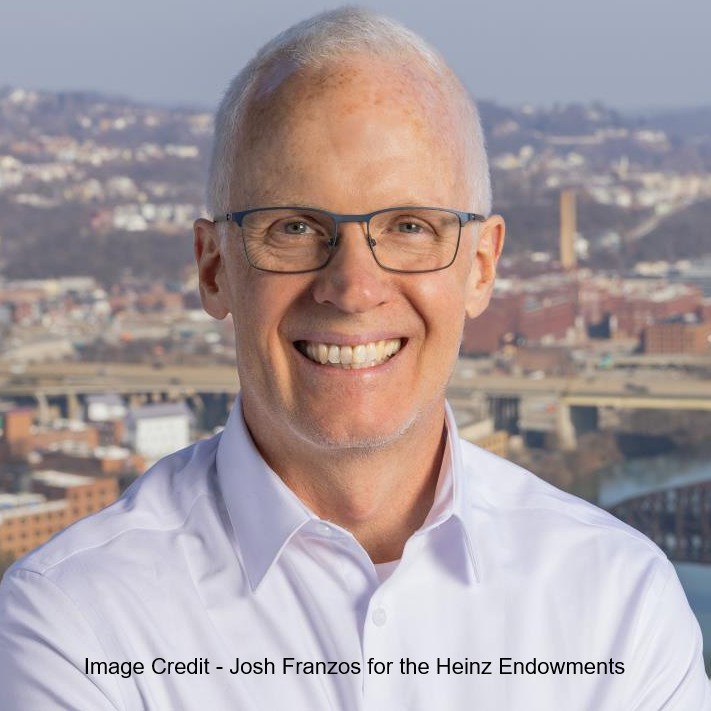
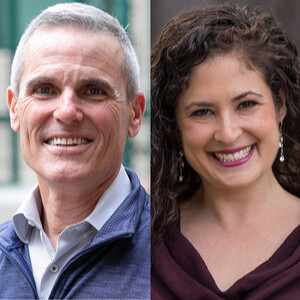

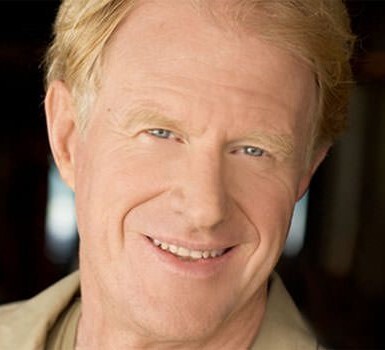
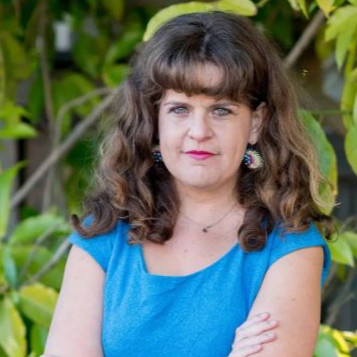
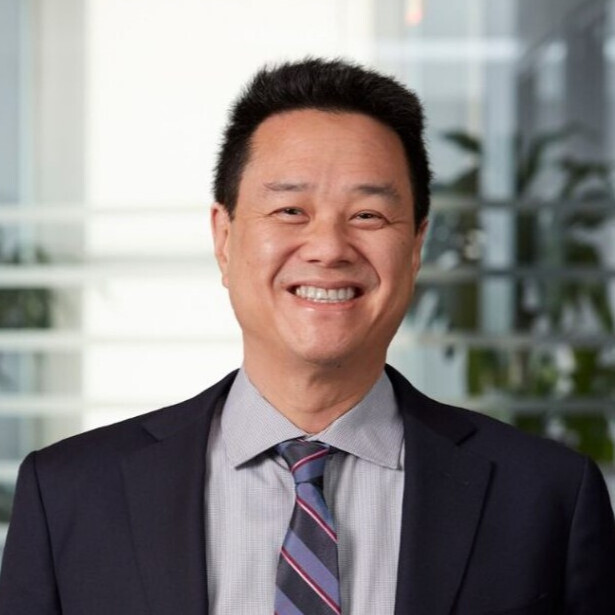
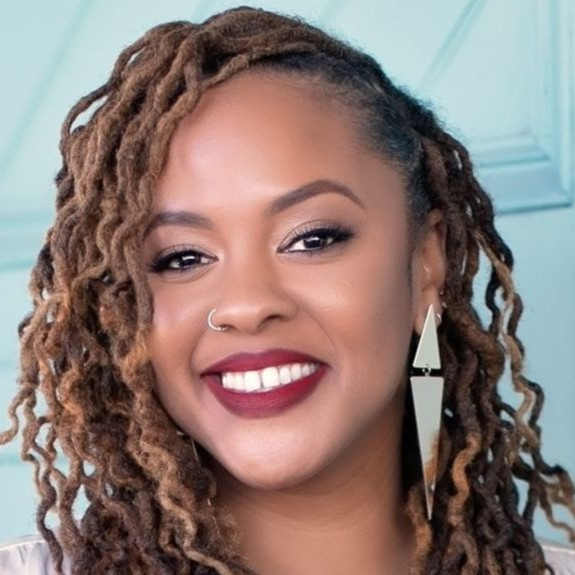


an Innocent man is in jail for something that he didn't do and he has proff